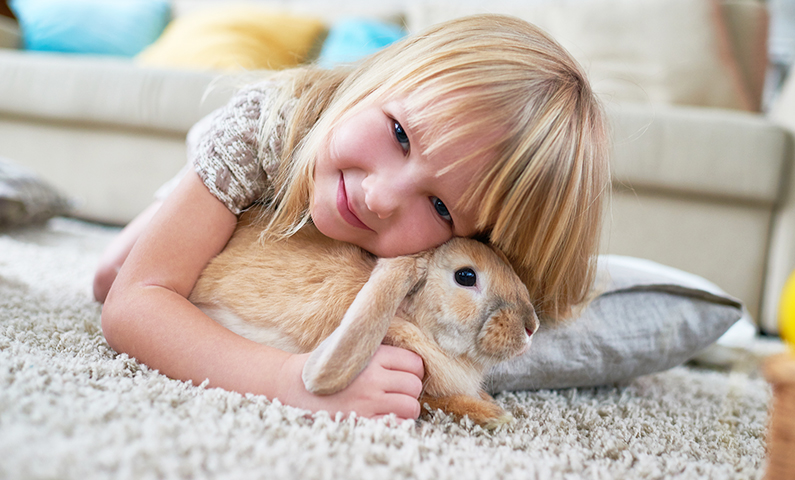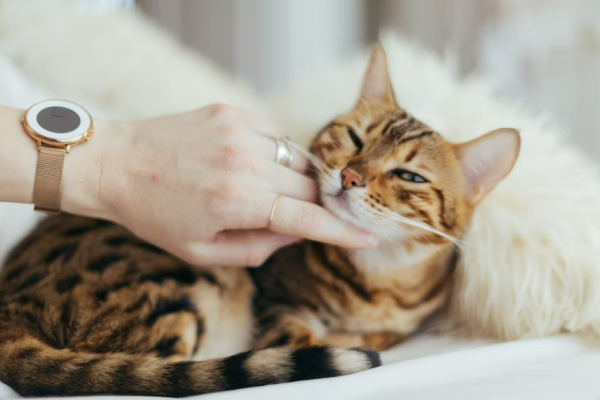Table of Contents
Introduction
Rabbits are popular pets known for their soft fur and adorable features. But owning a rabbit requires more than just snuggles and cuddles; it also requires proper care to ensure the rabbit’s health and happiness. This blog post will cover all the essential aspects of rabbit care, from providing proper housing to ensuring a healthy diet.
Housing
Rabbits need a comfortable and safe place to live. The minimum recommended size for a rabbit’s enclosure is 12 square feet of space per rabbit. This space should be large enough for the rabbit to move around, stand up on its hind legs, and stretch out fully. The enclosure should also have a solid bottom to prevent injury to the rabbit’s feet and a roof to protect the rabbit from predators. Bedding material should be soft and comfortable, and hay should be provided for the rabbit to rest and eat.
Diet
A rabbit’s diet should consist of hay, fresh vegetables, and a small number of pellets. Hay is a crucial part of a rabbit’s diet, as it helps keep their digestive system healthy and prevents dental issues. Fresh vegetables such as kale, spinach, and carrots should be provided daily. Pellets should be limited to one-eighth of a cup per five pounds of rabbit daily. It is important to avoid giving rabbits sugary or starchy treats, as this can cause health issues.
Water
Rabbits need fresh water available at all times. A water bottle or bowl should be provided, and the water should be changed daily. It is important to ensure that the water is not frozen in the winter and that the bottle or bowl is clean to prevent any bacterial growth.
Exercise
Rabbits need daily exercise to maintain a healthy weight and prevent boredom. A safe and secure space should be provided for the rabbit to exercise, such as a playpen or a fenced-in area. Rabbits love to jump and run, so providing them with toys and objects to play with can help keep them entertained and happy.
Grooming
Rabbits require regular grooming to keep their fur and skin healthy. Long-haired rabbits should be brushed daily to prevent matting, while short-haired rabbits should be brushed weekly. It is also important to regularly check the rabbit’s ears, eyes, and feet for any signs of infection or injury.
Healthcare
Rabbits should be taken to a veterinarian specializing in small animals for regular check-ups and vaccinations. Rabbits can also be prone to dental issues. Hence, it is important to monitor their teeth and provide them with a healthy diet and chewing toys to prevent any dental problems.
Socialization
Rabbits are social animals and should not be kept alone. They should be housed with at least one other rabbit or given plenty of attention and socialization from their human caretakers. Socialization can be achieved through gentle handling, petting, and playing with the rabbit.
Conclusion
Rabbit care requires proper attention and dedication to ensure the rabbit’s health and happiness. Proper housing, diet, exercise, grooming, healthcare, and socialization are all essential aspects of rabbit care. Following these guidelines and providing your rabbit with the care they need, you can enjoy a long and happy relationship with your furry friend.





